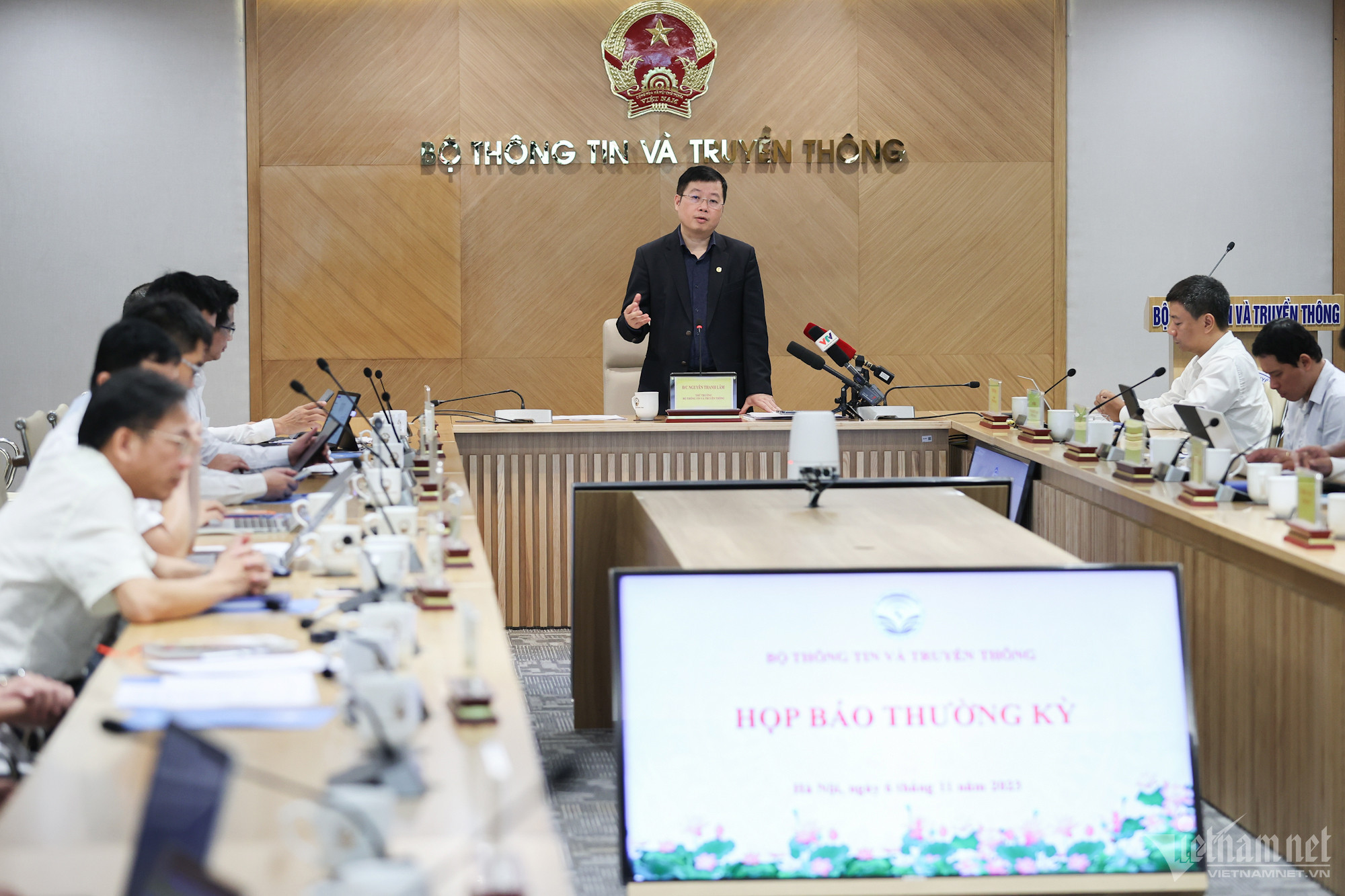
Reporters at a press conference held by the Ministry of Information and Communications (MIC) recently raised questions about how to protect clients’ interests after foreign TV service providers leave Vietnam.
Le Quang Tu Do, head of the Authority of Broadcasting and Electronic Information (ABEI), said after Decree 71 amended Decree 06 on radio and television management, MIC asked cross-border platforms to provide pay-TV services and movies.
If the platforms provide pay-TV services, they have to follow procedures to obtain licenses as stipulated in Decree 71. If they provide movies in Vietnam, they have to file a registration with the Ministry of Culture, Sports and Tourism (MCST) in accordance with the amended Law on Cinematography. At the same time, they have to remove TV programs on their OTT platforms.
Six cross-border OTT firms provide services. Netflix has chosen to provide both movies and pay-TV services. The other five companies have chosen to provide movies and have removed TV programs on their OTT platforms.
Amazon Prime and Disney, after researching the Vietnamese market, have concluded that the business model in Vietnam is not suited to them and have decided to leave.
Meanwhile, domestic service providers have had to comply with the laws for many years. For a long time, foreign companies enjoyed advantages over domestic companies because they did not observe the regulations.
Deputy Minister of MIC Nguyen Thanh Lam commented that some movie firms and entertainment content providers, including Disney, believe the future will not be in traditional TV, but in VOD (video on demand).
After launching Disney Plus channel, Disney focused on apps. Its message at the launch of Disney Plus was a "goodbye" to cable TV, which analysts said marked changes in its business strategy.
Amazon Prime provides services in Vietnam but it has chosen to comply with Article 21 of the Law on Cinematography on disseminating movies online.
Van Anh